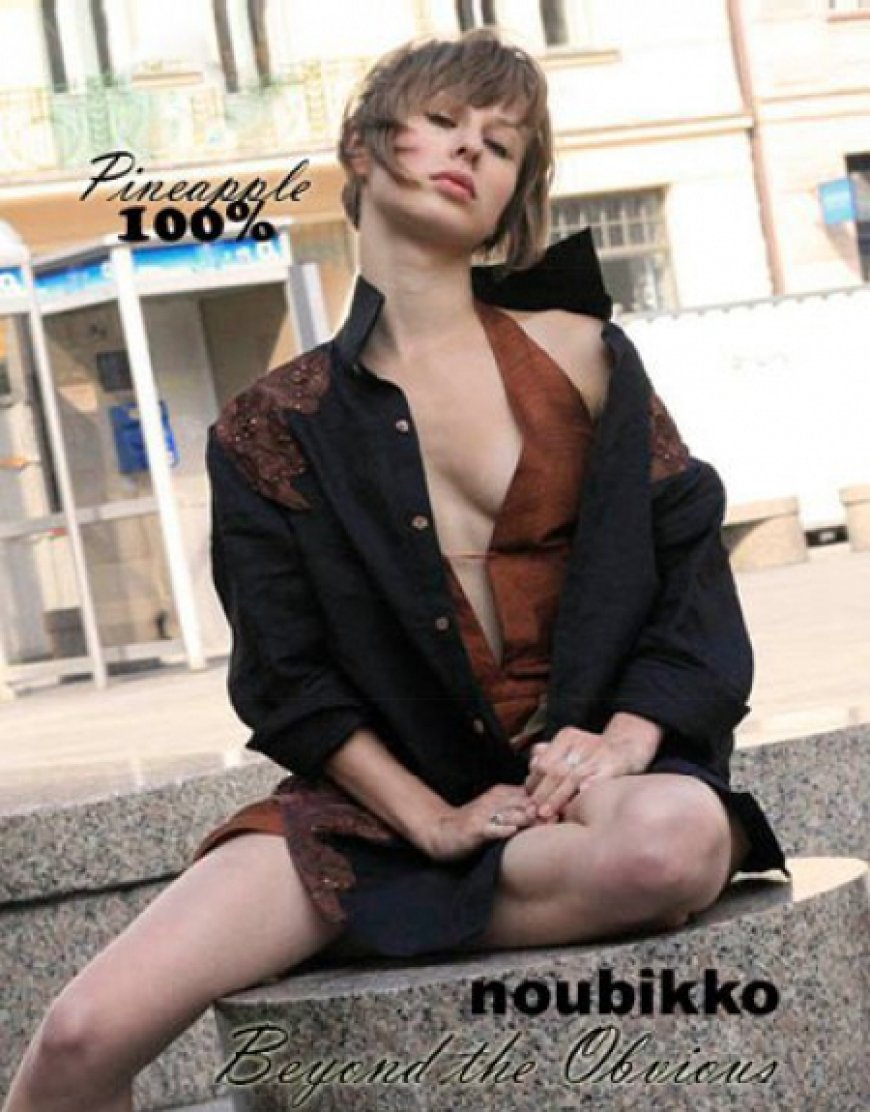‘Never its master’: Why Pope Leo says science must serve humanity

 Pope Leo XIV greets the faithful in St. Peter's Basilica, May 31, 2025 / Credit: Daniel Ibáñez/CNA
Pope Leo XIV greets the faithful in St. Peter's Basilica, May 31, 2025 / Credit: Daniel Ibáñez/CNA
CNA Newsroom, May 31, 2025 / 17:58 pm (CNA).
Pope Leo XIV has praised an international bioethics summit in Rome for advancing an “authentically human” approach to science, urging researchers to pursue truth grounded in the dignity of the human person.
In a message delivered by Vatican Secretary of State Cardinal Pietro Parolin, the pope expressed his “vivid appreciation” for the 3rd International Bioethics Conference, held May 30–31 at the Patristicum.
The event was organized under the theme “The Splendor of Truth in Science and Bioethics.”
The pope described the initiative as “a valuable opportunity to reflect on the ethical implications of scientific progress” and encouraged “interdisciplinary dialogue grounded in the dignity of the human person,” according to the Vatican message. He expressed his hope that such efforts would “foster approaches to science that are increasingly authentically human and respectful of the integrity of the person.”
Held under the patronage of the Pontifical Academy for Life and the Dicastery for Culture and Education, the conference brought together nearly 400 participants — including researchers, physicians, philosophers, and legal scholars — from universities across Latin America, Europe, and Africa.
‘Science must serve the truth,’ cardinal says
Cardinal Willem Jacobus Eijk of the Netherlands opened the conference with a keynote address outlining three foundational principles for bioethics and scientific research in service of truth.
The archbishop of Utrecht, who is also a medical doctor, on Friday said the Pontifical Academy for Life should give more attention to the bioethical issues linked to “transgender” treatments and the push for “gender theory” .
Eijk emphasized that human reason must recognize its ability to know metaphysical truth, that human beings possess only relative autonomy, and that human life is an intrinsic value.
The cardinal warned: “Without metaphysics and a proper anthropology, science becomes dangerous because it loses its moral compass.”
Scholars highlight the role of philosophy in science
Spanish philosopher Juan Arana, a member of the Royal Academy of Moral and Political Sciences, argued that modern science too often neglects the pursuit of deeper philosophical truths. While acknowledging the empirical advances of science, he emphasized that “great truths of philosophy and the small truths of science” are still connected “by threads that, though subtle, are effective.”
Bernard Schumacher of the University of Fribourg criticized the modern scientific method for reducing reality to the mathematical and quantifiable, while French philosopher Thibaud Collin challenged assumptions within natural law theory.
Two roundtables tackled practical bioethical challenges in genetics and conscience rights. Geneticist Teresa Perucho, surgeon Emmanuel Sapin, and neonatologist Robin Pierucci discussed the moral foundations of genetic counseling and the need to support parents with compassion and clarity when faced with difficult prenatal diagnoses.
Upholding a Catholic vision of science
The conference was organized by the International Chair of Bioethics Jérôme Lejeune and supported by more than 40 academic institutions worldwide. Since its founding in 2023, the event has become a leading forum for Catholic engagement with contemporary bioethical issues.
Jean-Marie Le Méné, president of the Jérôme Lejeune Foundation, closed the gathering by recalling the late French geneticist’s legacy: “The scientist is one who admits without shame that what he knows is microscopic compared to all that he does not know — and is fascinated by the adventure of intelligence on the path toward the intelligible.”
Jérôme Lejeune, a devout Catholic and pioneer in genetics, discovered the chromosomal cause of Down syndrome and became a passionate defender of the unborn, laying the foundation for much of the Church’s engagement in bioethics today.
Pope Leo XIV concluded his message with a call for scientists to “contribute to the search for truth, so that science may remain at the service of humanity, never becoming its master.”












